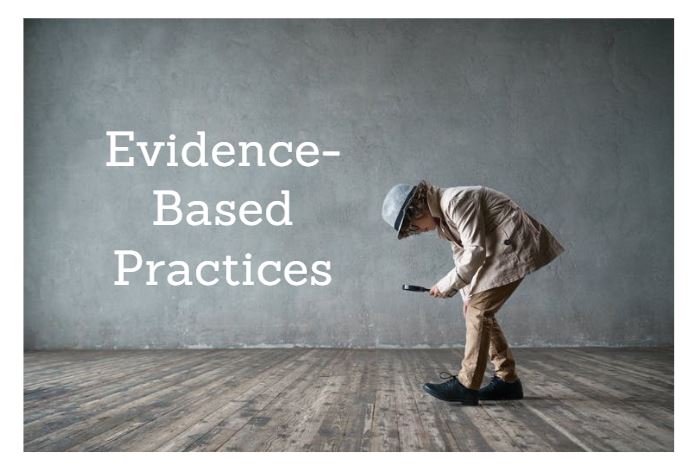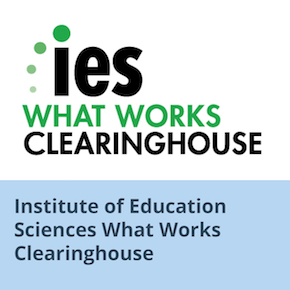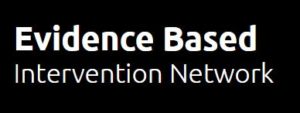Evidence-Based Practices Resources

Evidence-based practices refer to practices “that are supported by multiple, high-quality studies that utilize research designs from which causality can be inferred and that demonstrate meaningful effects on student outcomes (Cook & Cook, 2011). These practices have been researched through both experimental design and single-case design to study their effects on educational practices.
The following resources are places where you can find information about evidence-based practices. For more information on these practices in context of other topics on this site, a link is available to click and visit for further information.
Click on the image below to access the website for each organization.
|
High-leverage practices (HLPs) and evidence-based practices (EBPs) when used together can become powerful tools for improving student outcomes. This brief is designed to show the promise of these practices in advancing educator preparation and practice and, subsequently, outcomes for students with disabilities and those who struggle. The Collaboration for Effective Educator Development, Accountability and Reform (The CEEDAR Center) is a technical assistance center designed to help states, IHEs and LEAs create coherent professional learning systems that provide opportunities to learn for teachers and leaders. The center is dedicated to supporting states in their efforts to develop teachers and leaders who can successfully prepare students with disabilities to achieve college and career ready standards. (Source: What Works Clearinghouse)
|
References:
Home: National Center on Intensive Intervention. (n.d.). Retrieved October 18, 2019, from https://intensiveintervention.org/.
We Provide Opportunities to Learn for Teachers and Leaders. (n.d.). Retrieved October 18, 2019, from http://ceedar.education.ufl.edu/.
WWC: Find What Works! (n.d.). Retrieved October 18, 2019, from https://ies.ed.gov/ncee/wwc/.
Evidence Based Intervention Network. (n.d.). Retrieved October 18, 2019, from http://ebi.missouri.edu/.




